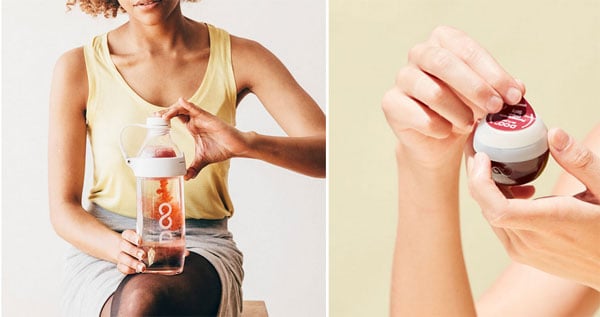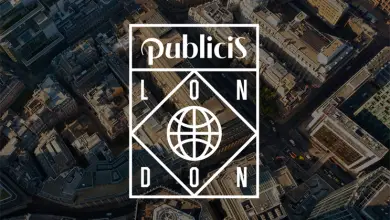Five by Five’s James Roles: why sustainability shouldn’t be a quick fix for a brand marketing strategy
Call it shallow, call it a trend, call it a conspiracy linking back to the unprecedented rise of the avocado, but sustainability is now a key factor in shoppers’ purchase decisions. A third of us sway in favour of sustainable brands, while the ‘war on plastic’ has now led to behemoth brands including M&S, Procter & Gamble and Coca-Cola pledging to eliminate single-use plastics by 2025.
So naturally, you’re left with a lot of consumers analysing the wider impact of their consumption. Meatless Monday is no longer some hippy dippy thing you’ll exclusively see McCartney devotees practising – it’s even being promoted by butchers.
This increased awareness means that, if brands want to keep people’s hearts close and their wallets closer, they must launch or relaunch with more sustainable products.
But it’s more than just jumping on the sustainable bandwagon (made of hemp perhaps) and riding it to the bank. There are rules to follow.
Consumers aren’t stupid, and they can tell when brands haven’t done adequate research and are missing the mark. Take PepsiCo, which recently launched a reusable bottle for still drinks. It’s called Drinkfinity. Like infinity. But for drinks. Clever.


But there’s a catch. On the surface, it’s doing a sly wink-wink, nudge-nudge, implying that it’s going to last forever, that you’ll never drink from anything else ever again. Utilising drink pods, the bottle comes with a pre-paid envelope, so you can send your pods to the big pod farm in the sky, where they’ll be born again as new pods.
But this just isn’t practical. You can’t recycle them at home. You might forget to put them in the envelope. You might lose the envelope. You just might not be bothered. Retailing at £30 for 16 pods and a water bottle, and £6.50 for subsequent packs of four pods, it’s not exactly a bargain either.
Nor is it a solution. Aimed at young people and advertising almost entirely via social media, it contradicts the original message of wider sustainability, promoting unnecessary ‘waste’ packaging that you can’t even recycle at home, to an audience that may not necessarily be able to afford it.
When brands blunder like this, it can really damage brand trust and the sustainability messaging that’s being sought after. Just as Pepsico committed the Kendall Jenner blunder, has it jumped into recycling without fully understanding that normal, everyday people might be priced out?
If you do it right, you can make a tidy profit. Last year, Unilever’s ‘Sustainable Living’ brands grew 50 per cent faster than the rest of the business. This stuff really makes a difference, and when you’ve got seven per cent of Brits identifying as vegan nowadays, it’s abundantly clear that people want to at least try and preserve this planet we’re busy destroying.
So to truly benefit from sustainability, brands have to believe in it. They have to commit. Long-term investment is required. The PepsiCo move is a rocky start, but the brand has to keep pushing forward – just going in with Drinkfinity as a one-off will look fickle.
Iceland (the supermarket, not the country) is baking sustainability into its core, banning palm oil from its own brand foods. As a result of this, about hald of the supermarket’s entire own-brand arsenal will need to be reformulated. But it’s sticking with it, because Iceland cares and its customers care. Sustainability needs to be incorporated on a wider business level in order to make a difference and for people to take note.
And if more brands want true sustainability and customer loyalty, they do need to set an example like Iceland. Having the Co-Op switching its own-brand water to 50 per cent recycled plastic is a great start, but it’s still using plastic. Why can’t it look into alternative materials? Starbucks is valiantly searching for solutions, opening a competition for external bodies to create a fully recyclable, compostable coffee cup in the next three years. This is a brand that seems to care.
And it needs to. When you’ve got the UK’s The National History Museum launching zero-plastic, BPA-free canned water, brands have to do better. They’re being outdone by a place that literally celebrates the past and everything in it.
Sustainability isn’t a quick fix. It won’t simply rejuvenate Planet Earth after one day. But if you start now, embedding it within your brand’s ethos and actions, positioning yourself as a friend of the environment and your customers, then you’ll reap the benefits before it becomes a necessity.











